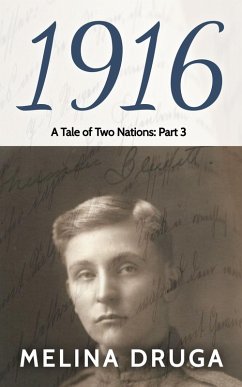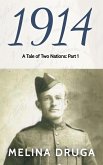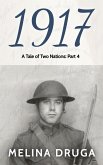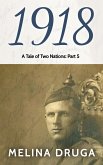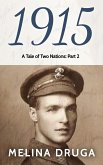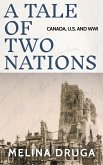The Battle of the Somme claimed more than 700,000 Allied casualties between July 1 and November 13, 1916. Among them were 24,000 Canadians. Additionally, 710 members of the small Newfoundland Regiment then independent from Canada were injured or killed on the first day of the offensive. Despite the high number of casualties and the Canadian Corps' lauded performance at Courcellette, Canadian newspapers largely ignored the Somme Offensive, leaving a huge gap in the journalistic record.
As war raged across Europe, the United States found itself preoccupied with homegrown violence. Although Democrats successfully renominated incumbent President Woodrow Wilson to the November ballot, business was far less smooth for Republicans and Progressives. Fights broke out between Progressive Party founder Teddy Roosevelt's supporters and detractors, and the Republicans' "America First" platform proved shaky, thanks to a disappointing delivery from keynote speaker Warren G. Harding.
Throughout the year, journalists in both countries favored domestic news over coverage of the European conflict. Little did they know that the war would soon grow too great to ignore.
1916 is the third installment of the A Tale of Two Nations series.
Dieser Download kann aus rechtlichen Gründen nur mit Rechnungsadresse in A, B, CY, CZ, D, DK, EW, E, FIN, F, GR, H, IRL, I, LT, L, LR, M, NL, PL, P, R, S, SLO, SK ausgeliefert werden.
Hinweis: Dieser Artikel kann nur an eine deutsche Lieferadresse ausgeliefert werden.

